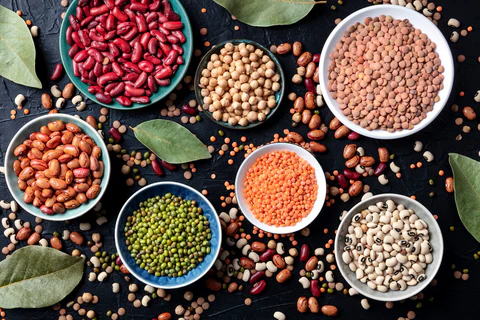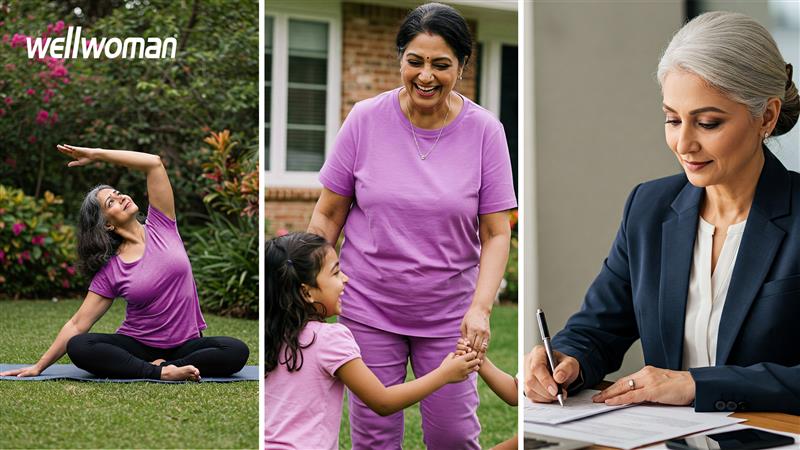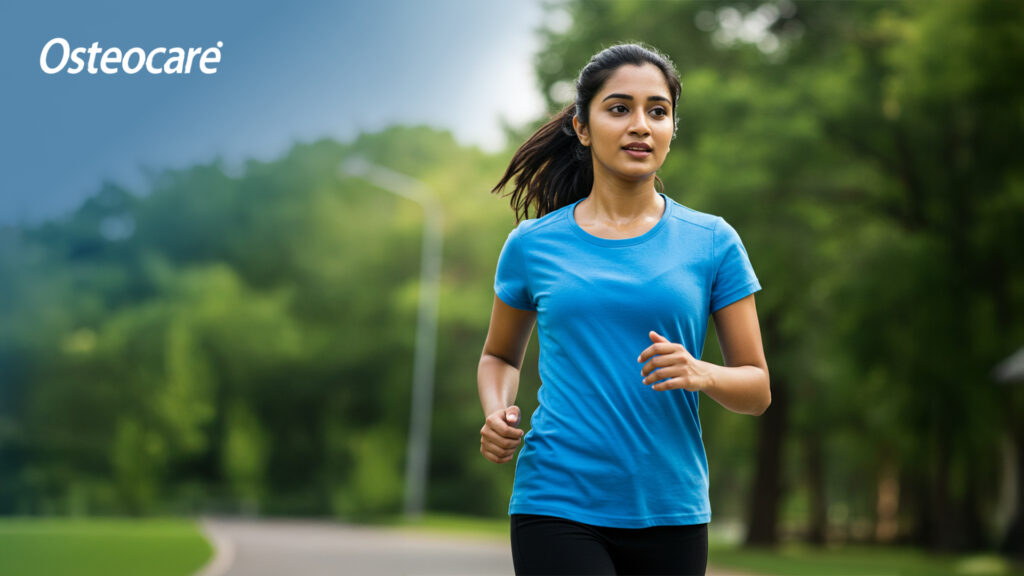Iron Rich Diet

Iron is an important component of our everyday diet. Not only does it help reduce tiredness and fatigue, it’s also needed for the production of red blood cells and haemoglobin in our bodies. Iron also supports our immune system, protecting our bodies, especially during those colder winter months.
Iron For Vegetarians
If you follow a vegetarian diet, it’s especially important to make sure you are getting enough iron on a daily basis. Despite iron being found in a variety of plant-based foods, a common issue for vegetarians is that they simply do not take in enough of this particular mineral. This is usually due to the fact that plant-based iron, more commonly known as non-haem iron, is less easily absorbed than haem iron, which is found in meat.
This therefore poses the question – how can vegetarians ensure that they are both consuming and absorbing enough iron?
Vegetarian-Friendly Foods With Plenty Of Iron
Knowing where to start when attempting to increase the amount of iron in your diet is tricky, so here are a number of meat-free foods that contain decent levels of iron. Remember that variety is the key to a healthy, balanced diet, so try to incorporate as many of these foods into your daily or weekly diet as you can.
Pulses

Not only are pulses a good meat-free source of iron, they are also full of fibre and protein, too.
- Kidney beans: 8.2mg iron per 100g
- Chickpeas: 6.2mg iron per 100g
- Tofu: 5.4mg iron per 100g
- Lentils: 3.3mg iron per 100g
Nuts And Seeds

Nuts and seeds are filled with plenty of fibre, protein and extra healthy fats, too. These are just a few examples of the amount of iron certain nuts and seeds can bring to your everyday diet.
- Pumpkin seeds: 8.8mg iron per 100g
- Hemp seeds: 7.95mg iron per 100g
- Sunflower seeds: 5.3mg iron per 100g
- Almonds: 3.7mg iron per 100g
- Cashews: 6.7mg iron per 100g
Top Tip: Try replacing croutons with crunchy pumpkin seeds or delicious cashew nuts when you next make a green salad?
Leafy Greens

Add some leafy greens into your daily diet to up your intake of iron.
- 100g of spinach will provide 2.7mg of iron
- Kale will boost your iron intake by 1.5mg for every 100g
Top Tip: Wilt spinach into soups, sauces and stir frys for an iron rich addition to your meals.
Dried Fruit
Not only will dried fruit provide you with plenty of iron, it will also give your body high levels of vitamin E, potassium, calcium, magnesium, niacin and betacarotene, too.
- Dried apricots: 2.7mg iron per 100g
- Dried Figs: 2mg iron per 100g
Top Tip: Trying to stave off hunger before lunchtime? Make a trail mix out of dried apricots, nuts and raisins to nibble on throughout the morning.
Whole Grains

Vitamin Supplements For Vegetarians
Here at Vitabiotics, we understand how difficult it can be to make sure you are getting enough iron in your daily diet. If you live a busy lifestyle, it can be a struggle to keep on top of what you are eating.
If you’re following a vegetarian diet, deciding which supplements to include within your meat-free diet can be an additional item on an ever-growing to-do list.
Our Iron supplements is one that you might consider which are carefully crafted with supporting co-factors vitamin B12, folic acid plus vitamin C (which can help increase absorption of iron into the body).
Iron is an essential mineral for a number of vital functions in the body:
- Contributes to the normal formation of red blood cells.
- Contributes to normal haemoglobin formation and oxygen transport in the body.
Categories
- Beauty, Hair, Skin (18)
- Kids-Teens Health (3)
- Men's Health (11)
- Mind-Body (58)
- News-Research (9)
- Women's Health (20)










